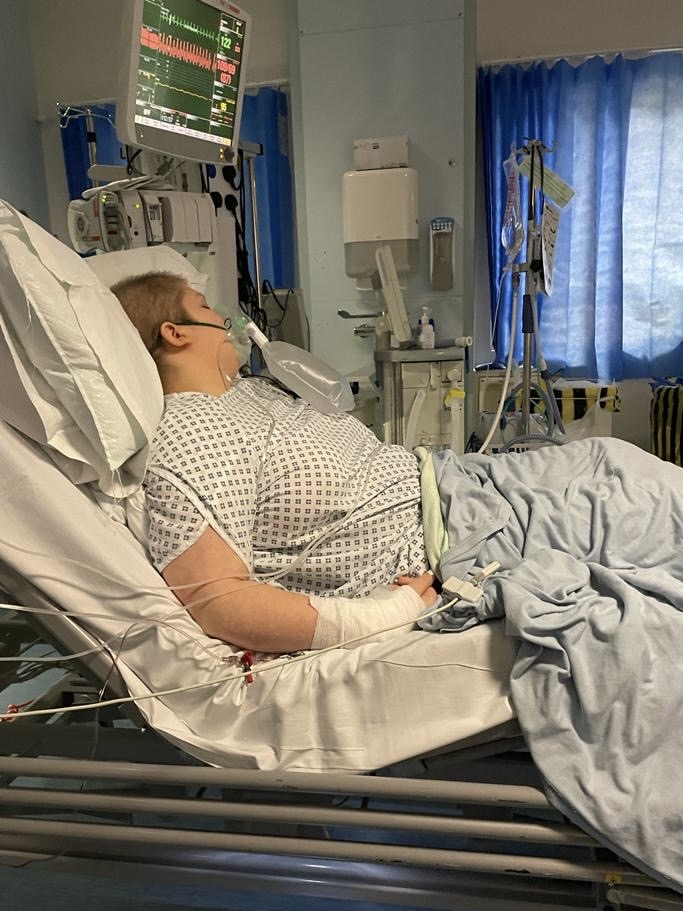Signs of cancer: Persistent pain
Persistent pain is one of the most common signs of cancer in young people. Use this page to find out more about what to do if you notice you’re experiencing this.
- If you’ve noticed severe or constant pain anywhere in your body, you need to speak to your GP
- This is the kind of pain that doesn’t go away when you take pain relief
- You know your body better than anyone else, so if you notice changes that are worrying you, you should get them checked out
- Persistent pain doesn’t mean you definitely have cancer, but if you notice anything unusual, make an appointment with your GP
- Below you’ll find more information about how you can best explain your symptoms to your GP
When should I go to the GP?
If you’ve noticed that you have a pain somewhere in your body that’s constant or severe, and doesn’t go away when you take painkillers, you should see your GP.
Sometimes you might experience pain for a specific reason, for example if you injure yourself. You’re likely to know the reason for this pain, and often it won’t last that long and will be eased with painkillers, like paracetamol or ibuprofen.
However, if you’ve noticed a severe pain that is constant and doesn’t go away with painkillers, then it could be a sign of cancer and you should get it checked.
If you’re ever in extreme and unmanageable pain call 111 or go to the Accident and Emergency (A&E) department at your nearest hospital for immediate help.
What should I tell the GP about my symptoms?
It’s important you tell your GP as much as you can about the pain you’re experiencing. It might be hard to remember exactly what you noticed and when, but we’ve put together a list of questions you can answer to make sure you give your GP as much info as possible.
Not all GP appointments will be in person, you might speak to your GP on the phone or via video call first. Even if you’re not speaking to your GP in person it’s still really important to give as much information as possible.
You can copy and paste this list below into the notes app on your phone or a Word document, or you can write down your notes in a notebook and take it to the appointment with you:
- Where is the pain?
- How bad is the pain? (They might ask you to explain how severe the pain is on a scale of 1-10. In this case 10 would represent the worst pain you’ve experienced. If they ask you to talk about your pain on a scale and you’re not sure, you can ask them to explain more, or you can ask if there is another way you can explain the pain.)
- How often do you feel the pain?
- Is there anything that makes the pain worse or better?
- Does the pain go away, or decrease, if you take pain relief? If so, what kind of pain relief have you been using and how often are you taking it?
- Are there any other changes to your body that you’ve noticed?
What could it be?
Persistent pain could be a sign of lots of different types of cancer. Using the pages below you can find out more about the other symptoms associated with each of these types of cancer.
Again, it’s important to remember that having any of these symptoms doesn’t mean you definitely have cancer, but if you notice anything unusual you should book an appointment to see your GP.
Most common signs of cancer in young people






PIF TICK accredited information
The Patient Information Forum is the UK membership organisation and network for people working in health information and support. The PIF TICK is the UK-wide Quality Mark for Health Information.

